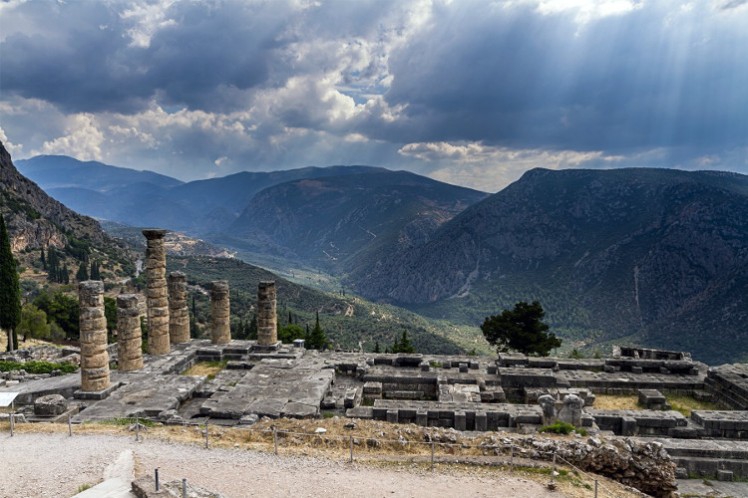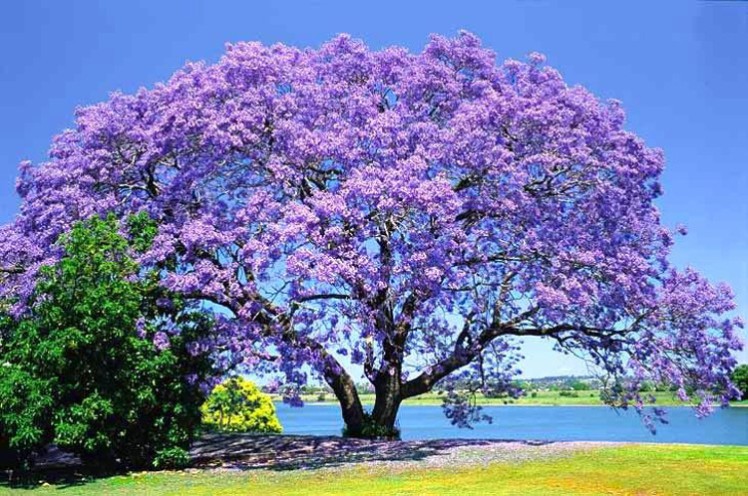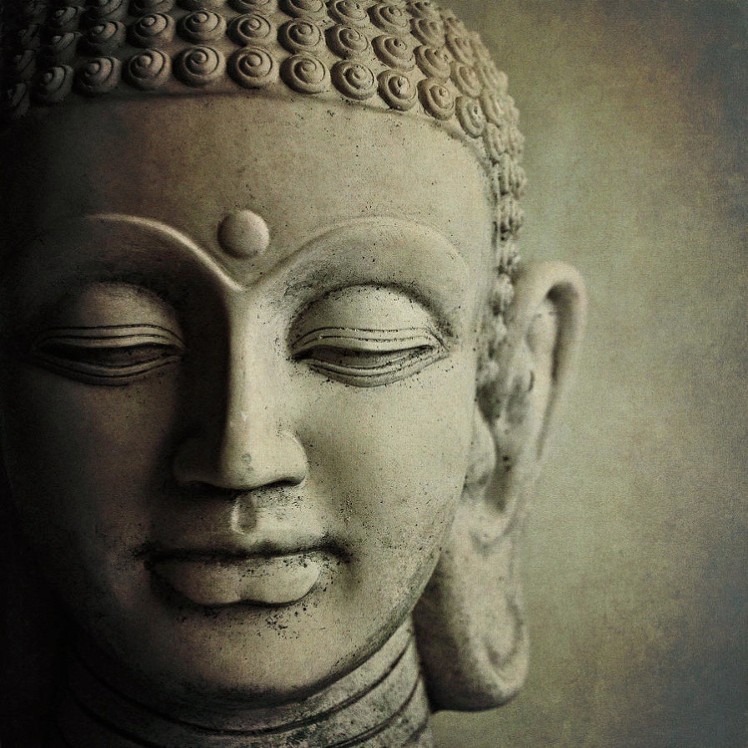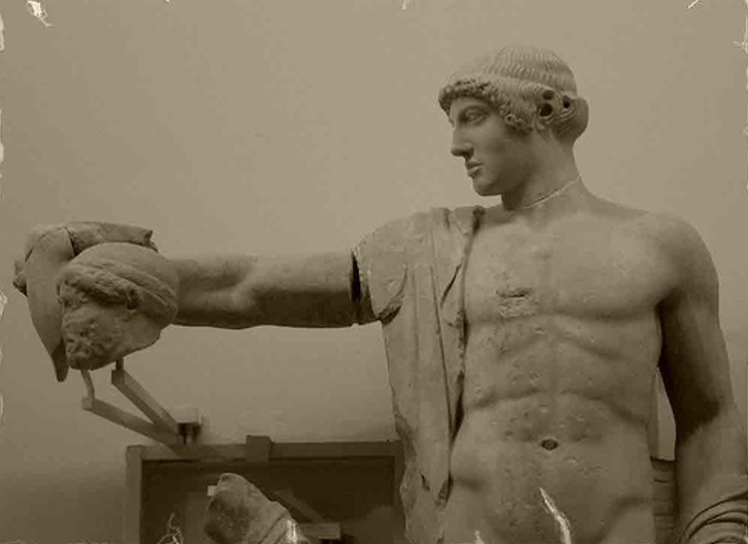A saying displayed on the entrance to Apollo’s temple at Delphi, said Plato, was “know yourself”. Delphi was a great centre of healing, where the ancient Greeks took their problems, and were advised by the god. The saying must have been one of his most frequent.
 Apollo’s temple at Delphi in the mountains
Apollo’s temple at Delphi in the mountains
But what does it mean? We can know something of what we do, by analysing our actions, and come to a conclusion about our nature. “I am short tempered” we might say for instance, or, avoiding too much self criticism, “I have no patience with fools”.
But is that the self Apollo meant? I don’t think so. When we think about ourselves, and about thinking about ourselves, we are confronted by a cloud of abstractions. It’s not the body we need to know, and its typical behaviour, but the mind.
Some take refuge in the stars. They believe that simply by being born when we were we take on a whole raft of characteristics belonging to our star signs. While I believe there are an enormous number of influences on my life, from the Jacaranda tree in the front yard to the constellation Andromeda, astrology seems a bit too mechanistic an explanation for my being. I don’t want to be just another bit of flotsam and jetsam circling around the sun. I want to feel I have a say, that there is some purpose in my being here.
 The Jacaranda tree like the one in my front garden
The Jacaranda tree like the one in my front garden
The self
We are aware from early in our existence (or I was) that there is a ‘self’. Myself. Everybody, it seems, has the same awareness. After being told this is my immortal soul by the good Brothers at school, I went to the other extreme, and concluded the self was a kind of illusion created by the mind in organising sense data and interpreting it. What the senses do, merely by smelling, hearing, tasting, feeling and seeing, is to separate the self from its environment. We then think there is a whole, the self, separate from the rest of the universe. This might not be true. It might be an illusion. Perhaps this was Gautama’s insight.
Nevertheless, the self gives us a sense of identity. I am me, and presumably, you are you. It is this self we should know, said Apollo. If we are to retain any integrity at all in the midst of our doubts, we have to be aware of our self. With no diminution or exaggeration of what that self is. Otherwise we will disguise our uncertainty in addictions or compulsive behaviour. For the ancient Greeks it meant welcoming Apollo into the mind, rather than going to his temple. He was the god of many things, but one of them was balance.
Self in the meaning of identity shouldn’t just separate us from our environment and other people; it should enable us to interact with others. Knowing the self is ideally a process similar to sex, where gene variation formed by union of male and female creates a unique person. A self is our awareness of that uniqueness, and we become unique by our interactions with other selves.
 The smile of Gautama the Buddha
The smile of Gautama the Buddha
The tools
We have tools to work with in discovering and exploring the self. And the funny thing is that every tool is an abstraction. Not an experienced, measurable action or reaction, but an intuitive exploration of something just out of assessable reach. We have awareness, consciousness (and subconsciousness), intelligence and mind. The first of these may be the feedback from our senses. But the others are matters of debate.
Consciousness is “awareness by the mind of itself and the world”, says the dictionary. Intelligence is “the acquisition and application of knowledge and skills”. Mind is a facility we have “that enables us to be aware of the world and our experience”. Sometimes equated with intelligence, even memory.
If we believe the dictionary, then consciousness creates the mind, and the mind then allows intelligence to come to conclusions about our experience. It’s strange, I thought, that nobody has any more precise idea of these functions than this.
Some give a more practical definition of intelligence. It is the ability to adapt to changing environments they say. But I’m not sure. Isn’t this just saying we know intelligent species have adapted to changing environments? If so, then it’s circular reasoning. We all learn from experience, even though some take a long time to do so.
But if consciousness, intelligence and mind are part of our entity as a self, what are those even more nebulous qualities, psyche, soul and spirit? The dictionary says they are all three the same thing. Psyche comes from a Greek word for breath, reminding us that in the book of Genesis god made mankind from the earth, a handful of dust, then breathed life and spirit to make a conscious being. We are alive, and conscious, says the bible, because god’s breath is in us, giving a simple but sublime answer to the question of what the self is. God. Only, we don’t, and by definition can’t, know what god is. Stories like this were told by the Greeks about Prometheus, and by the Sumerians about Ea, and have been around for 4,000 years or so.
 The archaic smile of self knowledge
The archaic smile of self knowledge
It seems that our limited experience of these abstractions, and the lack of certainty about them, have left us with a desire to have an immortal part, something that survives death, and this is often thought of as the soul. Nobody can define the soul any further than this. The soul reminds me a little bit of what physicists call the law of conservation of mass. In the universe, they say, matter and energy react, but the amount of matter/energy (or mass) remains the same. It’s what physicists call a closed system (and religious folk a creation). Could the psyche be the self, or an aspect of the self?
I think, myself, that we need to become aware of the self, to know what it is, even though the faithful want to leave that up to god. But it’s very easy to do harm to others. Even the religious do so. So what activities do we engage in to know the self?
Activities
Again there is a flurry of abstractions. The self, or its consciousness, or the mind, engages in a number of activities that make reality, and create a life. We think: but what precisely are thoughts? We use ideas and concepts, but what are they? And emotions and moods, are they a kind of thought? What about memory? Is it just a record of the past, or something more creative? We have will, and make decisions and solve problems, but how do we do that? And how can we explain imagination, the amazing ability to create something we have never experienced? What about symbolism, or empathy? And why do we laugh and find humour in the events we live through? How explain the magical world of dreams?
All these are things the mind, or self, does. And all are abstract functions we don’t understand very well. But we manage to externalise these activities. We put them into words. By moving the vocal cords we create language, and through language, culture. And through culture, we take a part in our own evolution. These activities are important for our progress through existence. I wondered what others had thought.
“My thought is me: that is why I cannot stop. I exist by what I think…and I can’t prevent myself from thinking”. So thought Jean-Paul Sartre in Nausea.
And Herbert Spencer gives a caution: “How often misused words generate misleading thoughts”. (Principles of Ethics)
Even more dispirited is TS Eliot:
“Between the idea
And the reality…
Falls the Shadow” (The Hollow Men)
“I don’t know what imagination is, if not an unpruned, tangled kind of memory”. That comes from Christina Stead’s Letty Fox.
Yet Albert Einstein believed that “Imagination is more important than knowledge” (On Science)
Tearing myself reluctantly away from the dictionary of quotations, I have to admit that defining the self through an examination of its tools and activities will rarely achieve any valid conclusion. But that’s because the activity of such definition is at the extremity of our conscious experience. The activity is probably an end in itself. Merely by being aware of the ground on which we stand and the space that we occupy is one way of being oneself. Think of it as exercising the self into self consciousness.
Atman
This is a concept of Hinduism similar to soul. Within us, say the Upanishads, is a basic part of the universe. Like other discoveries about our environment it seems to obey laws, be constant, perhaps be a form of eternity. The stillness that creates motion, the identity that creates diversity. The Upanishads see becoming aware of the Atman as primarily a religious activity. It could be also seen as a holistic one, a path to full health. Or a scientific one, an awareness of the world we live in.
In Hinduism the basic aim is to become liberated, to achieve unity with god. That is why humans exist. This is a long way from the secular world we exist in. In our world there is competition, status, success. Responsibility, and its consequences, addiction and intoxication. Environmental and political issues we can’t solve. I don’t want to lead a religious life, dedicated to a particular ‘way’, but neither do I want to bang my head against insoluble problems. So I take a moment every now and then to examine the things I’ve mentioned here. No great conclusions are ever reached, but I think Apollo’s advice was good.
It would be wise to remember another saying of Apollo. Nothing in excess. The ancient Greeks of course did everything to excess, so they knew what they were talking about when they engraved that saying of Apollo’s on the door of the temple at Delphi.
©2015 Original material copyright Phillip Kay. Images and other material courtesy Creative Commons. Please inform post author of any violation.


Reblogged this on Site Title.